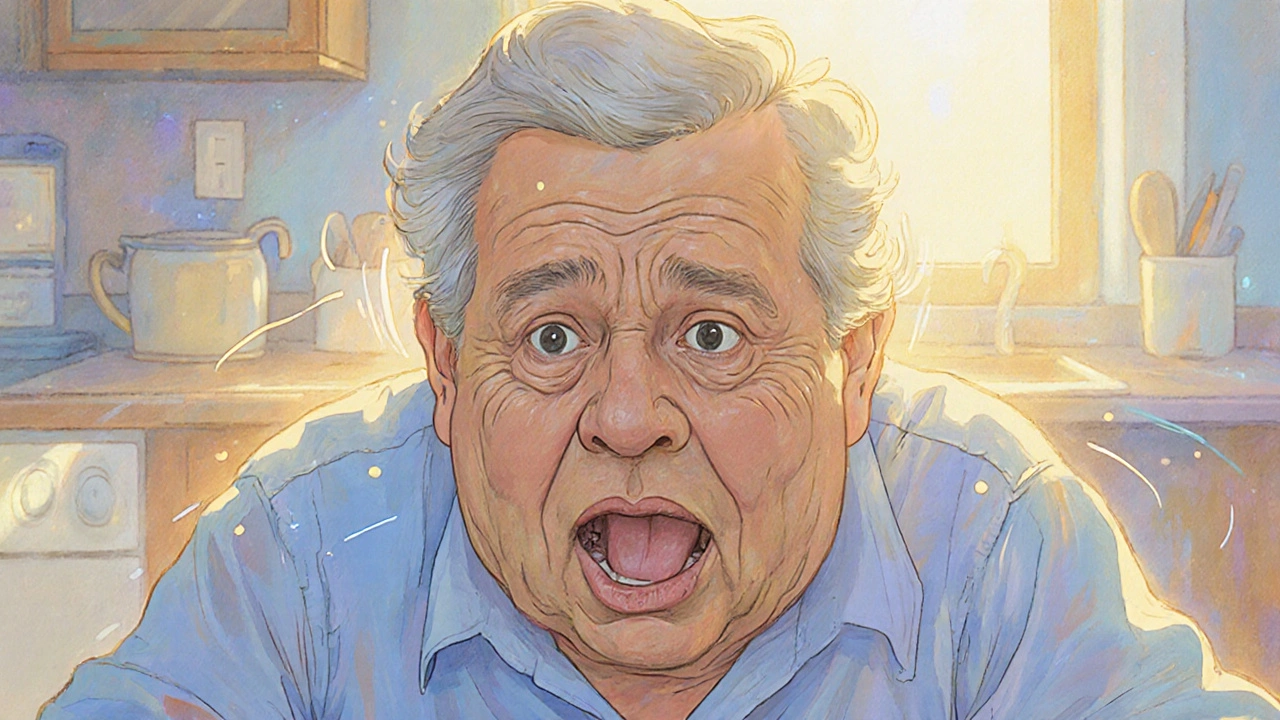Baclofen Side Effects: What You Need to Know Before Taking It
When you take baclofen, a muscle relaxant used to treat muscle spasticity from conditions like multiple sclerosis or spinal cord injuries. Also known as Lioresal, it works by calming overactive nerves in your spinal cord. But like all medications, it doesn’t come without trade-offs. Many people take baclofen for years without issues, but others run into side effects that can be mild—or serious enough to stop treatment.
Common side effects include drowsiness, dizziness, and weakness. These aren’t rare—they happen in up to 30% of users. If you’ve ever felt like you’re moving through syrup after taking your dose, you’re not alone. Fatigue and lightheadedness are often the first signs your body is adjusting. But don’t ignore the bigger risks: confusion, hallucinations, or seizures can happen, especially if you’re older or taking other meds like benzodiazepines or opioids. baclofen withdrawal, a dangerous condition that can occur if you stop suddenly after long-term use is something doctors warn about but rarely explain clearly. Symptoms like rebound spasticity, high blood pressure, and even hallucinations can show up within days. That’s why tapering off slowly under medical supervision isn’t optional—it’s critical.
Another hidden issue is baclofen interactions, how it reacts with other drugs you might be taking. Mixing it with alcohol, sleep aids, or painkillers can slow your breathing to dangerous levels. Even common OTC meds like antihistamines can make drowsiness worse. If you’re on multiple prescriptions, talk to your pharmacist before adding baclofen. And if you’re using it for off-label reasons—like chronic pain or alcohol withdrawal—know that the data is limited. Most studies focus on MS or spinal injuries, not other uses.
What you won’t find in most patient leaflets is how long side effects last. For some, dizziness fades after a week. For others, it sticks around for months. The same goes for muscle weakness—sometimes it’s just a sign the dose is too high, other times it’s a sign your body isn’t handling it well. If you’ve tried other muscle relaxants and they didn’t work, baclofen might be next. But if you’ve had bad reactions to similar drugs before, this one might not be the answer.
Below, you’ll find real-world insights from people who’ve taken baclofen, what went wrong, what helped, and what they wish they’d known before starting. No guesswork. No fluff. Just what actually happens when you take this drug—and how to stay safe while doing it.

Baclofen for Tardive Dyskinesia: An In‑Depth Look
Explore how baclofen, a GABA‑B agonist muscle relaxant, may help reduce involuntary movements in tardive dyskinesia, covering dosage, evidence, risks, and comparisons with other treatments.